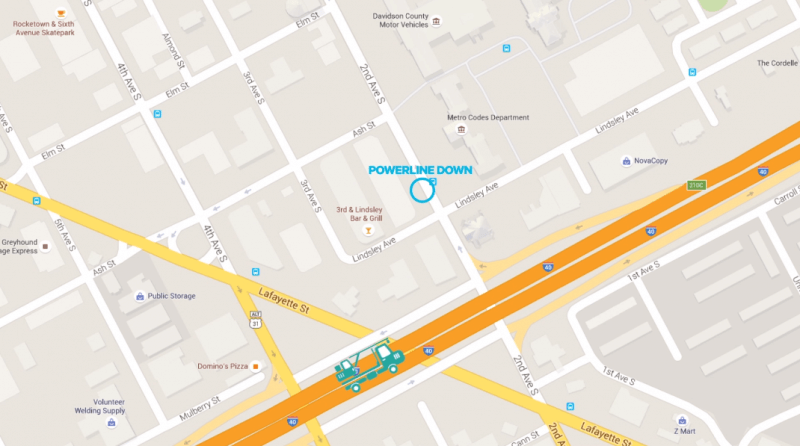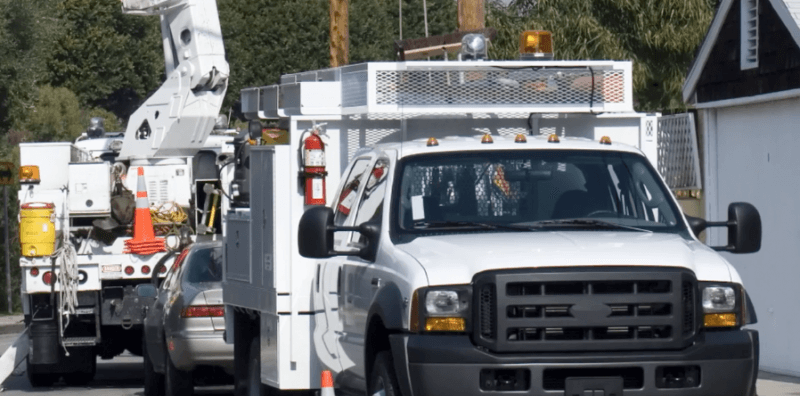Introduction to Industrial Control Systems
How SCADA Works
Data Driven Decisions
The ability to remotely monitor, understand the environment, and then make some control-type actions that will minimize threat to some extent are all important benefits of industrial control systems over DMR Tier 3. However it is important to consider how to aggregate this information with a workforce management platform or asset management platform so that you can really determine the best course of action.
Visibility and Optimizing Activity
An interesting way that SCADA or industrial control type systems can save money is focussing the right resource at the right place at the right time. There is tendency to shot-gun a problem, where every worker is sent to the same site and widespread assessments are conducted. With the visibility industrial control systems provide, you can send the right worker, with the correct tools and skills, to the right location at the right time.

This visibility can apply to the back-end control, where the worker located closest to the fault can be located and sent to the site though location services on the DMR Tier 3 network. The time savings are tremendous. Most faults require two truck rolls (deployments):
- To show up, assess and go back to get the right parts, tools, and skills.
- To revisit the site and fix the fault.

Eliminating the second truck roll process means you can reduce costs from 20%-50%. (Calculate how much you can save with this truck roll calculator). The process of optimizing activity is a combination of not just industrial control systems but work in asset management systems. The combination is far more valuable than the single one of each of those.
 Radio Academy
Radio Academy





